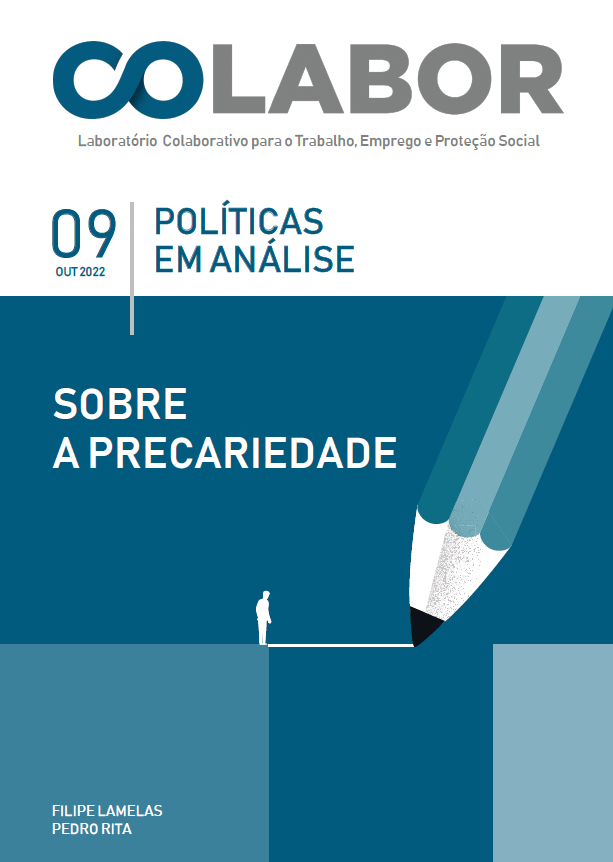
Policies in Analysis

Contexts and readings of the Decent Work Agenda - some notes
Policy No. 13 - "Context and readings of the Decent Work Agenda - some notes" - is the result of a paper presented by Professor de Oliveira Carvalho, associate professor at the Faculty of Law of the Portuguese Catholic University, at the conference organized by CoLABOR, entitled "Decent Work: Context and Readings of the Agenda", held on November 4, 2023.

On precariousness
The right to job security is a structuring principle and its constitutional enshrinement entails the recognition that the right to work has a human dimension, of personal fulfillment and, as such, removes from the arbitrary availability of the employer, not only the free termination of the employment relationship, but also any substantial modification of the content of the employment relationship.
The Decent Work Agenda should not ignore the fact that the strategy to combat precariousness - which has different expressions - benefits from a framework in the constitutional objective of promoting job security, which, not limited to merely combating precarious employment relationships, extends to other aspects of the employment relationship, thereby reinforcing the broader meaning of the concept of precariousness.

Forfeiture, arbitration and (un)balance in labor relations
Over the last 20 years, there have been profound changes to some of the legal principles on which collective labor relations were based in Portugal, particularly with the introduction of the regime for the expiry of collective bargaining instruments.
